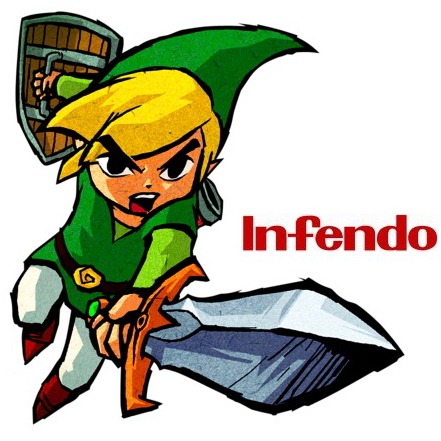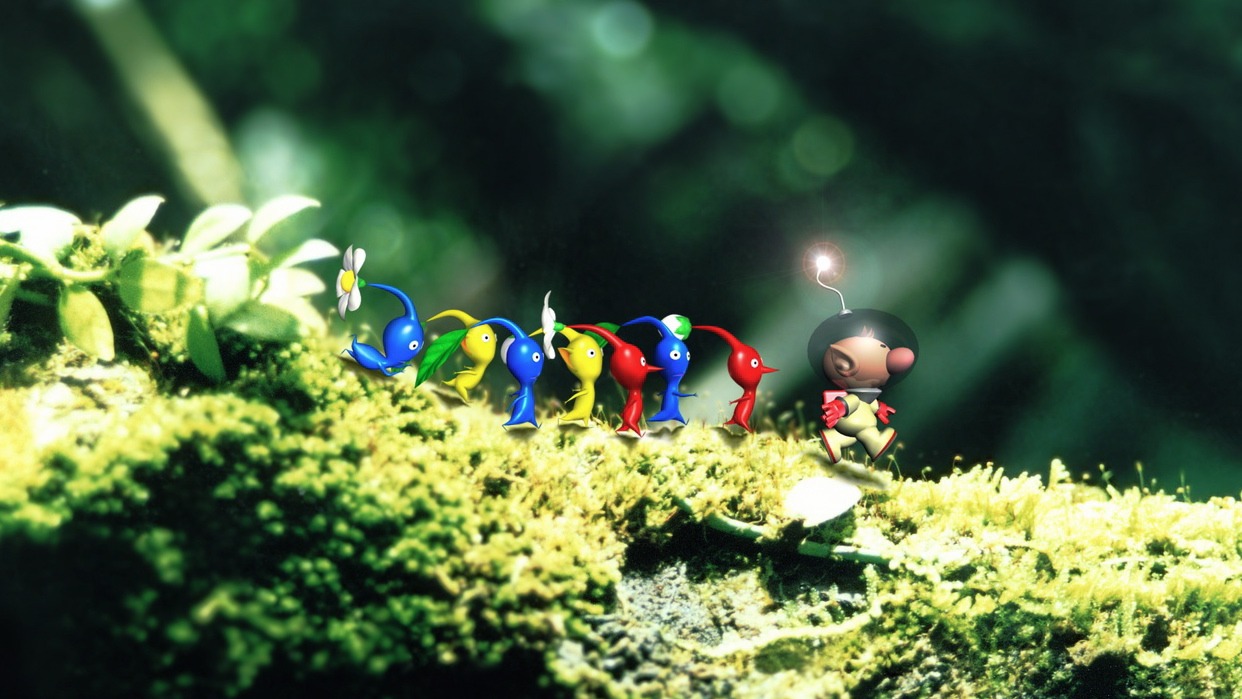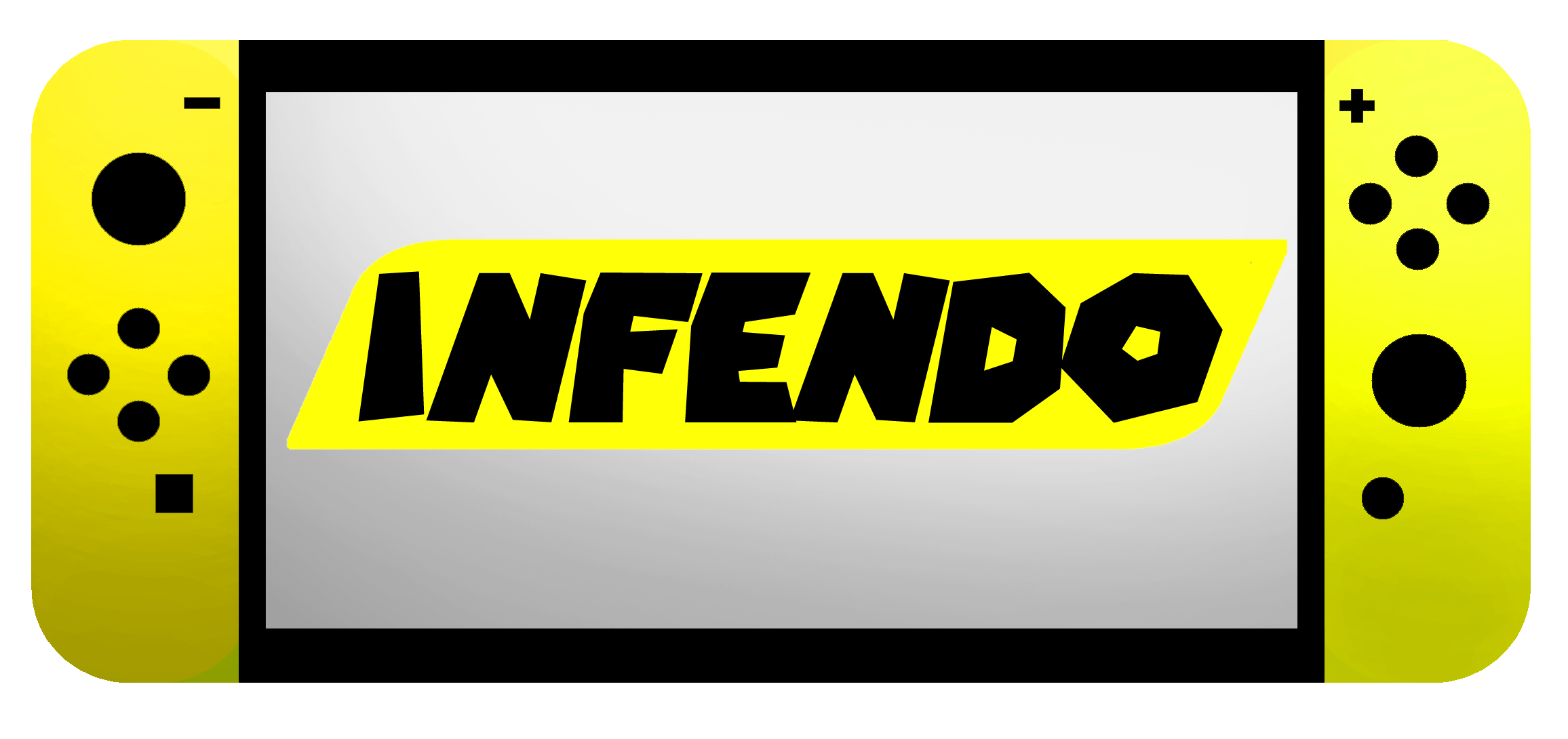 A lot can change in a decade. Just ask Nintendo.
A lot can change in a decade. Just ask Nintendo.
In Apr. 2003, with the month’s rains at their dreariest, the company reported fiscal GameCube sales of 5.6 million units, less than half the total forecast in 2002.
Six Aprils later, Nintendo closed another fiscal year with sales of 25.95 million Wii systems, nearly a five-fold increase over 2003, as the company famous for the power-up evidently dipped into its own stash.
For Nintendo enthusiasts, however, the story of the last decade is much richer than the dull tales of fiscal sales and record-setting profits. Even as the company was struggling at retail, Nintendo published some of the most memorable games in its history, giving us familiar faces, strange new places and of course, plumbers in outer spaces.
From its darkest days to its brightest, this was an erratic decade for Nintendo. But through it all, fantastic games were a constant. Join us as we remember the best.

10. Pikmin (GameCube, 2001)
Twenty years had passed since his mischievous gorilla, mustached plumber and green-clad boy hero leapt from our television screens into our hearts, but as should the “Walt Disney of electronic gaming,” Shigeru Miyamoto had a few more icons for us to meet.
And he found them right under his nose. In his garden.
Released just weeks after the launch of GameCube in 2001, Pikmin was a resounding creative triumph, one of the most inventive games Nintendo had done in years. Telling the story of Captain Olimar and his crash landing on a strange alien world, Pikmin challenges players to help Olimar retrieve the 30 scattered pieces of his smashed ship, reassemble the craft and return to his home planet of Hocotate.
The catch? With Olimar’s life-support systems expiring, he has just 30 days to leave the planet. To do so, he needs help from the curious Pikmin, teensy alien critters with special abilities who follow Olimar like rats accompanying the Pied Piper’albeit helpful rats.
A charming variation on real-time strategy, Pikmin established that even in a new millennium, Nintendo wouldn’t stop being Nintendo.
